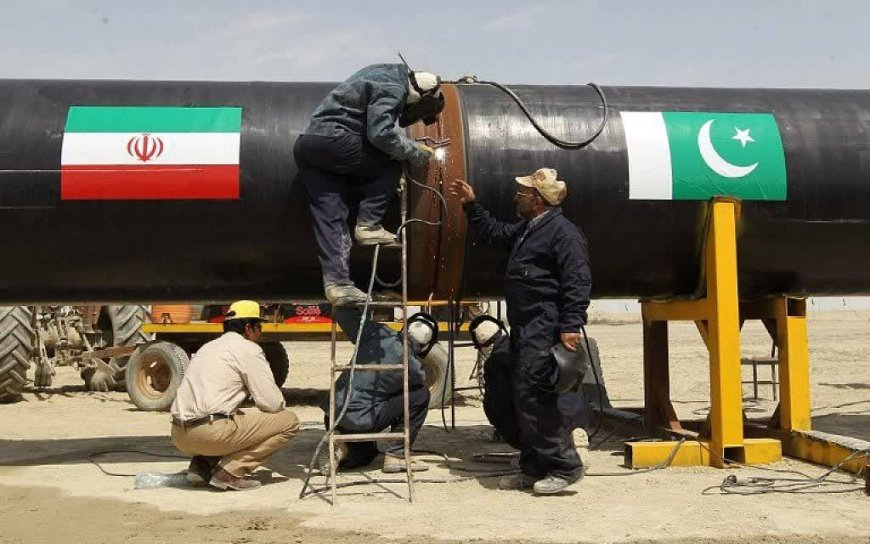Iran-Pakistan Peace Pipeline: Economic Challenges, Geopolitical Significance, and Islamabad’s Future Governance
Iran-Pakistan Peace Pipeline: Economic Challenges, Geopolitical Significance, and Islamabad’s Future Governance

The recent visit of Iran's foreign minister, Hossein Amir-Abdollahian, to Pakistan has once again brought the long-standing peace pipeline project into the limelight. Signed nearly a decade ago, the project has faced numerous hurdles, with Iran ready for operation while Pakistan has faced delays and challenges.
Economic Challenges and Political Instability in Pakistan:
Pakistan's economy has been grappling with serious challenges, heavily relying on international aid for sustenance. Frequent changes in government, coupled with interference from the military and security organizations, have hindered progress. The support of the United Nations and other countries has played a crucial role in keeping the government afloat, with speculation surrounding the ousting of former Prime Minister Imran Khan due to his close ties with China.
Geopolitical Significance of Pakistan:
Pakistan's strategic location, in close proximity to Afghanistan and its historical support for the Afghan Taliban, has granted the country extensive influence in the region. Recognizing this opportunity, China seeks to exert control over Afghanistan's resources and transportation routes, positioning Pakistan as a crucial ally against India.
Tensions in the Eastern Region and Implications:
The ongoing conflict in the eastern region, involving the United States, China, and Iran, adds complexity to the situation. The US aims to impede China's access to Iran's mineral resources by influencing the Taliban in Afghanistan and tightening China's encirclement through Pakistan. In contrast, China is determined to establish vital pathways for its ambitious projects, including the Gwadar port and an east-west energy pipeline. These initiatives align with China's long-term regional plan, requiring cooperation from various countries.
Future Governance and Influence:
The future governance of Pakistan hinges on either its military or intelligence organizations, such as ISI, provided they possess the necessary financial resources to manage a population of 240 million. However, achieving this objective necessitates Pakistan's definitive choice regarding its campaign front. Both China and the United States cautiously engage with Pakistan, leaving room for Iran to clarify Pakistan's interests and persuade the nation to align with the supporters of the Eastern Front.
Potential Impact and Implications:
Experts believe that Iran's pressure could significantly impact Pakistan's decision-making process. Pakistan's urgent need for international assistance, particularly in addressing power outages, creates an opportunity for Iran to assume control over energy transfer, potentially influencing Pakistan's future path. The final decision made by Pakistan will have positive implications for Iran, shaping the geopolitical landscape in the region.
The Iran-Pakistan Peace Pipeline project continues to face challenges and geopolitical complexities. Pakistan's economic struggles, combined with its strategic significance, attract attention from global powers. As the situation unfolds, Iran's pressure and influence on Pakistan may shape the future of this critical project, with far-reaching implications for both countries and the wider region.













































